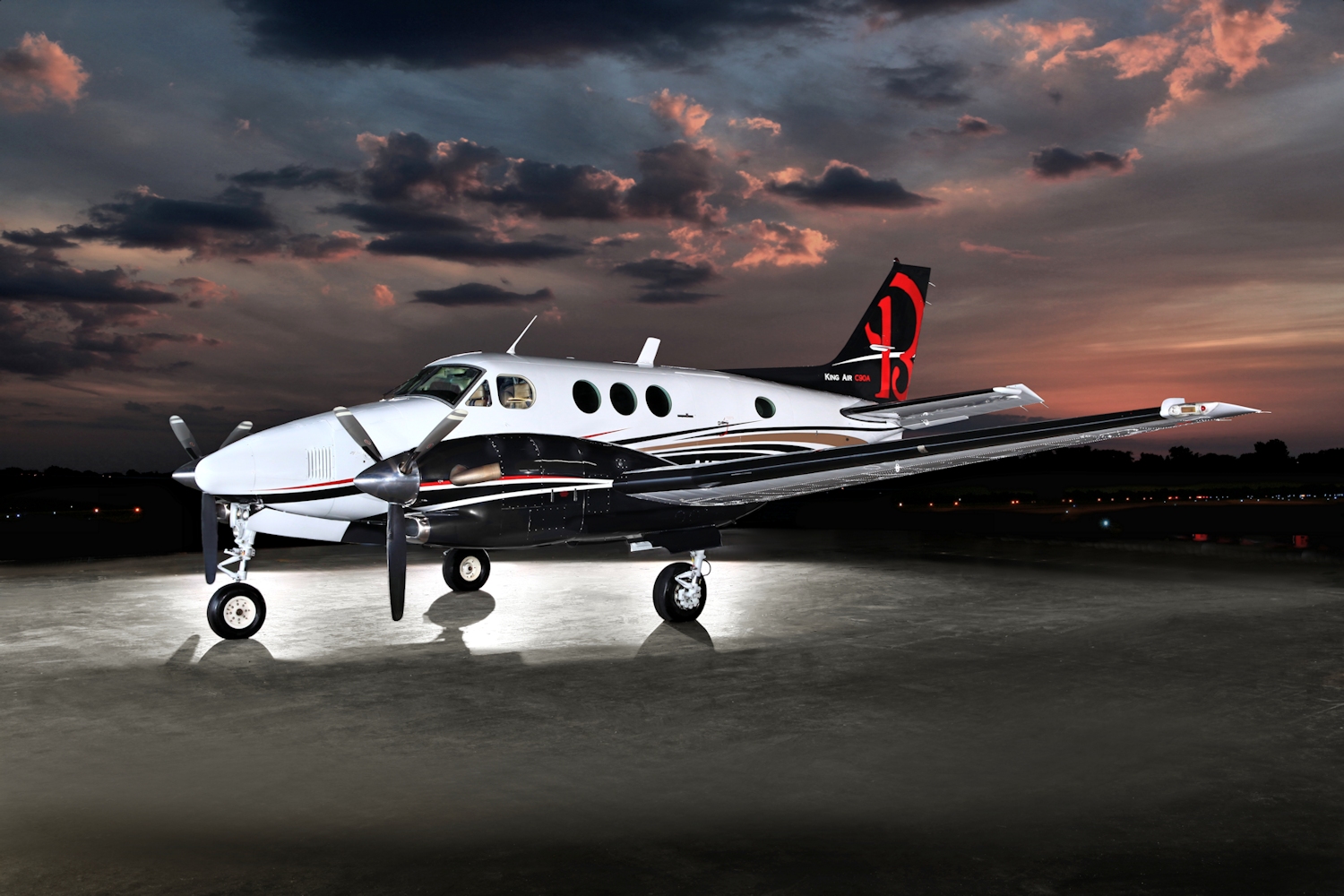Essential Tips for Mastering the King Air C90 Flight
Piloting the King Air C90, a venerable aircraft in the Beechcraft family, demands both skill and precision. This twin-turboprop airplane is revered for its reliability and versatility, making it a favorite among corporate and private pilots. Whether you’re stepping into the cockpit for the first time or you’re a seasoned aviator, mastering the King Air C90 is essential for ensuring safe and efficient flights. The following tips are designed to help pilots excel in operating this sophisticated aircraft, ensuring both safety and performance are prioritized at all times.
Master the King Air C90: Essential Pilot Tips

Understanding the fundamentals of the King Air C90 is crucial for any pilot aiming to master this aircraft. Begin with a deep dive into the aircraft’s operating manual to familiarize yourself with its systems and capabilities. Pay particular attention to the nuances of its Pratt & Whitney PT6A engines, as their performance characteristics are different from piston engines. Additionally, grasp the aircraft’s fuel management system, which is critical to maintaining optimal balance and efficiency during flight. This foundational knowledge will not only boost your confidence but also enhance your ability to respond effectively to various flight situations.
Hands-on experience is invaluable for mastering the King Air C90. Engage in regular simulator training sessions that replicate real-world scenarios, ranging from routine operations to emergency procedures. Simulation training allows pilots to hone their skills in a controlled environment, making them better prepared for unexpected events. Moreover, consider flying with an experienced instructor who can provide valuable insights and feedback. Their firsthand knowledge of the aircraft’s intricacies can greatly accelerate your learning curve and instill best practices for safe operations.
Communication and situational awareness are key components of effectively managing a King Air C90 flight. Master the art of multitasking by keeping constant communication with air traffic control, managing cockpit instruments, and maintaining awareness of your surroundings. Invest time in learning and practicing standard operating procedures to ensure smooth coordination with your co-pilot and crew. This will not only enhance the overall safety of your flights but also create a more cohesive and efficient flight operation.
Expert Advice for King Air C90 Flight Success

Successful piloting of the King Air C90 also hinges on meticulous pre-flight planning. Thoroughly assess weather conditions, calculate accurate weight and balance, and review all flight plans before takeoff. The King Air C90’s performance can be significantly affected by these factors, and careful planning will ensure you stay within operational limits. Developing a comprehensive checklist tailored to your specific mission profile can aid in this preparation, serving as a roadmap for a smooth and uneventful journey.
Continuous learning and adaptation are essential for sustaining proficiency in King Air C90 operations. Stay updated with the latest aviation technologies and regulatory changes that may impact your flights. Participate in recurrent training sessions and workshops to refine your skills and stay abreast of industry advancements. Networking with other King Air C90 pilots can also provide valuable insights into various operational experiences, fostering a culture of shared learning and continuous improvement.
Finally, embrace the importance of post-flight reviews to enhance your King Air C90 proficiency. After each flight, conduct a thorough debriefing to evaluate what went well and identify areas for improvement. Encourage feedback from your co-pilot and crew to gain different perspectives on the flight. This reflective practice not only solidifies your learning but also promotes a culture of safety and excellence within your flight operations, ensuring every subsequent flight is better than the last.
Mastering the King Air C90 is a journey that combines theoretical knowledge, practical experience, and continuous self-improvement. By adopting a disciplined approach to learning and operating this aircraft, pilots can ensure a high standard of flight safety and efficiency. Whether it’s through simulator training, effective communication, or post-flight analysis, the investment in mastering the King Air C90 pays dividends in confidence and proficiency. As you continue to refine your skills, remember that the dedication to excellence is what distinguishes a good pilot from a great one.



